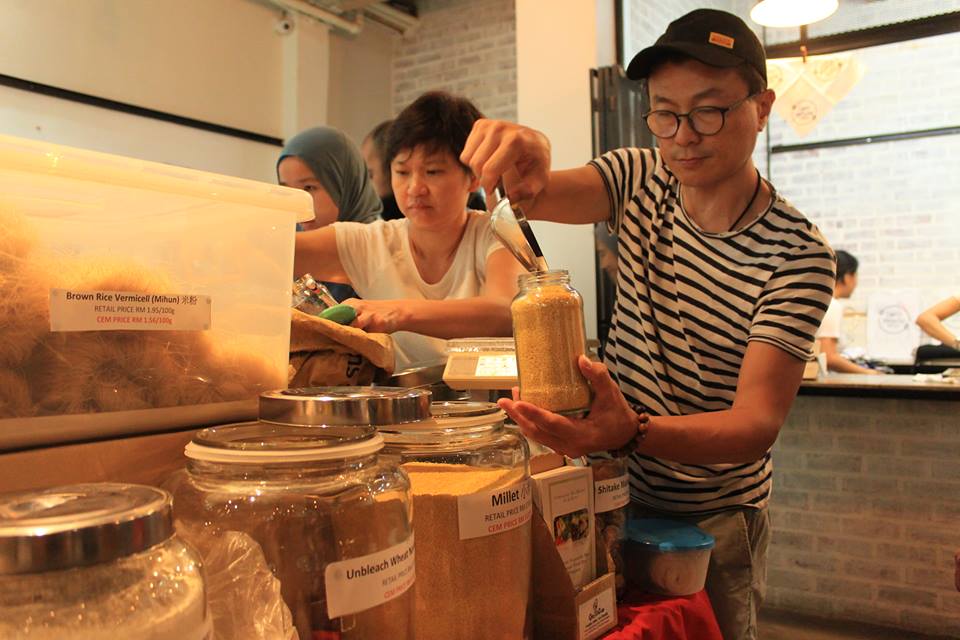The idea of starting a zero waste lifestyle may be daunting for a lot of people. It could even feel like a hassle. However, it doesn’t have to be that way.
A zero waste lifestyle doesn't mean that you completely eliminate waste from your life. However, it does mean that you take certain measures to produce the least amount of waste possible.
As such here are a few tips to help you maximise your zero waste lifestyle.
1. Know yourself
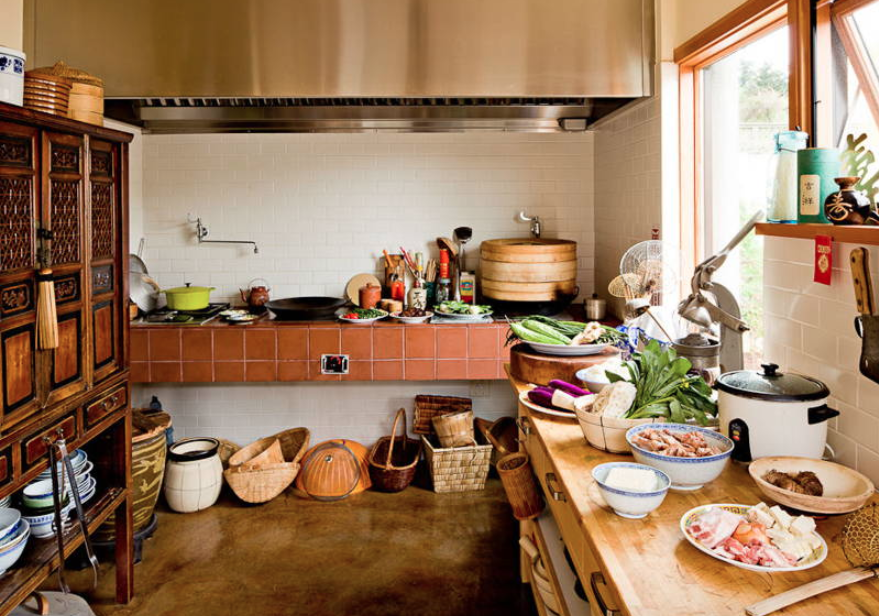
Image Credit: Atap.co
Do you know what usually ends up in your trash bins? What are some of the activities in your life that produces a lot of waste?
It’s always helpful to take a step back, and take a look at your daily routine before taking on a new lifestyle. It’ll help you identify the things you’re doing right, your weaknesses, and even your moments of temptation. With this information, you can then figure out a way to make incremental changes towards your goal.
As such, one of the first things you should take note of is the waste that’s you produce at home. This could be in the form of plastic bags and packaging, food containers from super markets, takeout boxes, and water bottles. It could even be something as simple as multiple candy wrappers.
You can start taking action once you're aware of all the areas that contribute to waste in your life.
2. Take note of things you could recycle/reuse and things you could get rid off

Image Credit: See You Youtube Channel
Make a list of all the things that you can either recycle or reuse. Some plastic containers can be used to pack your own lunch, others could be used for a different purpose. Personally for me, ice cream containers make very good piggy banks.
Also take note of all the things that you have to get rid off. You could always replace your plastic toothbrush with a bamboo one for example.
3. Look for zero waste alternatives in your local area
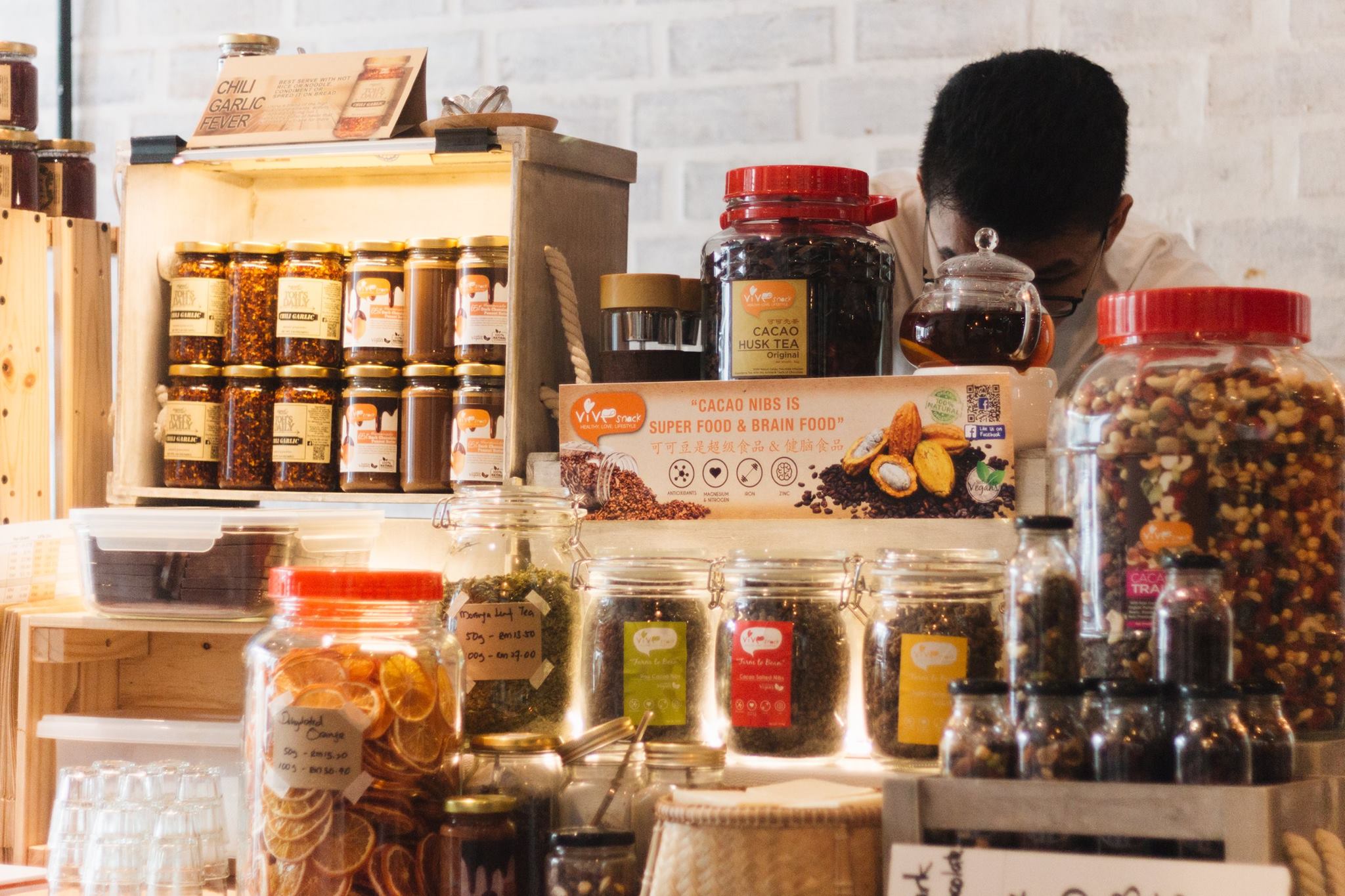
Image Credit: Zero Waste Malaysia
Rather than purchasing from hypermarkets you could consider shopping at famers’ markets. You could also shop at stores that sell products in bulk.
You can shop for vegan and organic produce like seeds, nuts, grains, etc by weight at local stores like The Hive In Bangsar.
Second hand and thrift stores are also a great way to find decent clothes, furniture and other things that you could use.
if you don't have such options around you, you could also shop from online platforms like Package Free. They sell products that help you reduce waste, and they ship completely plastic free.
How do they do that?
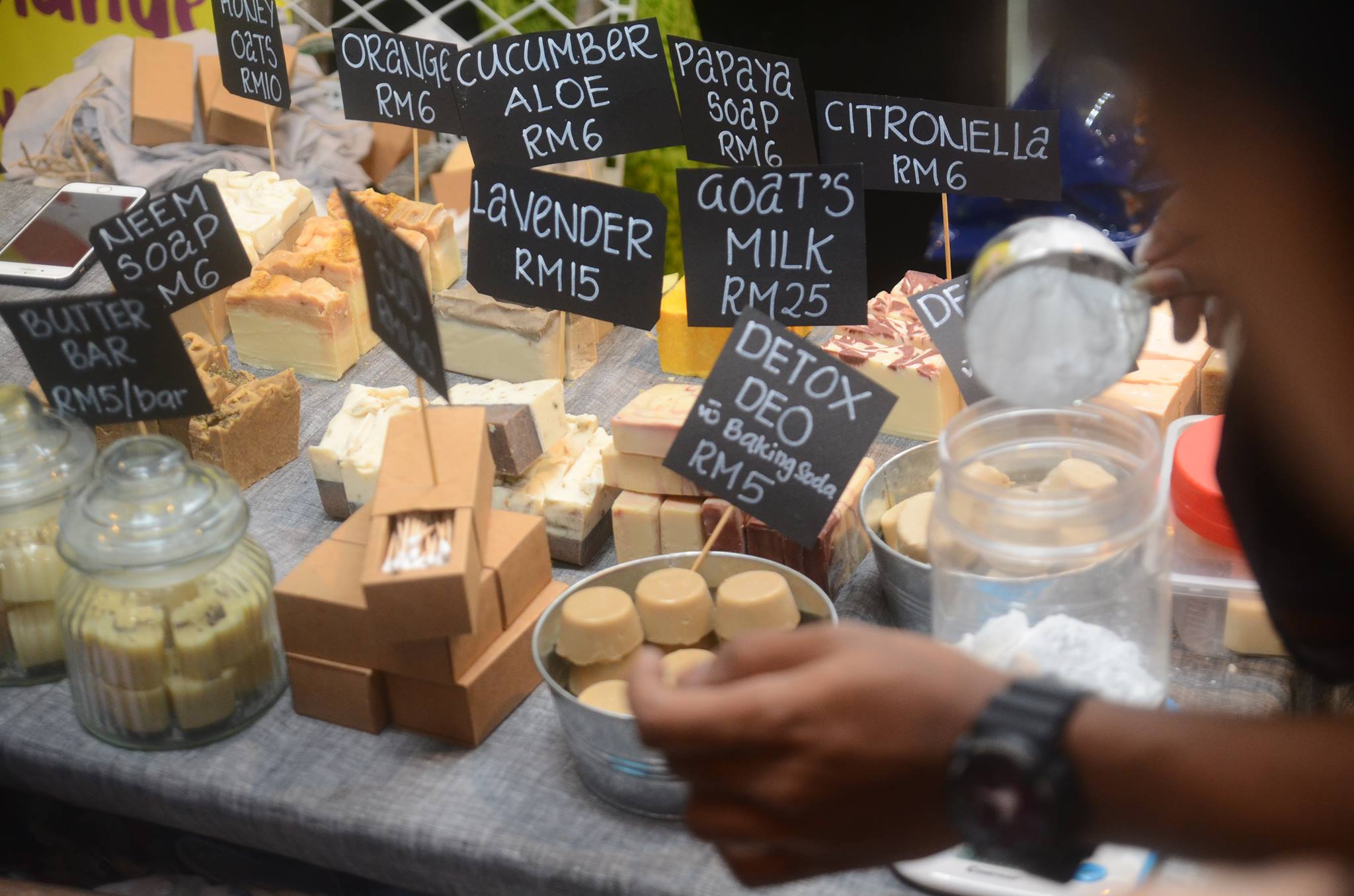
Image Credit: Zero Waste Malaysia
Well they use post-consumer packing materials to ship to their customers. They use boxes that they've received inventory in, boxes from neighbours, and even boxes that they found in the recycling bin. You can know more about how they ship here.
Furthermore, they also source their products from brands and individuals that have a positive environmental impact. According to their website, they’ve kept an estimated 1,597,640 plastic straws, 851,950 plastic bags, and 490, 856 non-recyclable cups away from landfills.
4. Create new zero waste habits
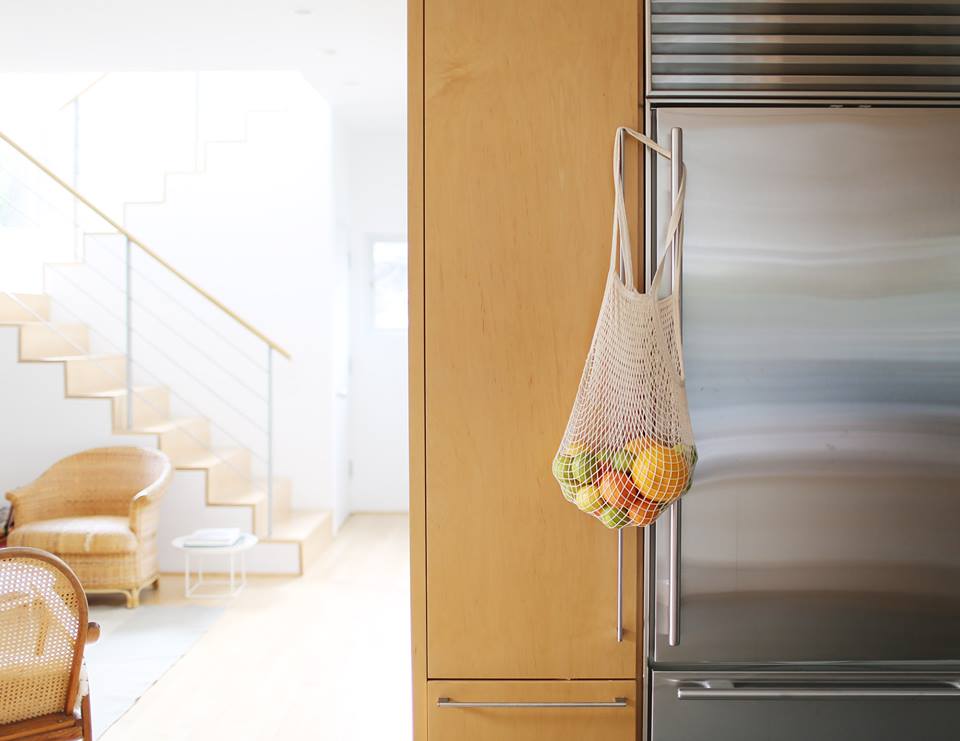
Image Credit: Package Free
For starters, you could carry your own cloth bag the next time you take a trip to the supermarket.
You could even start carrying along your own water bottles or cups. This will help you avoid using one-off plastic cups.
Some people even order takeout with their own containers. You could even let your cashier know that you don’t need any plastic straws or paper napkins.
Zero waste is all about building sustainable habits over a period of time. You'll easily get overwhelmed if you attempt to do everything at once. So take up 2-3 challenges at a time, and turn them into habits. Once you're confident with those changes, you can take up more challenges.
5. Take more walks
You could always take a slow walk to places nearby especially if you’re not in a rush.
Reducing your driving, and even your reliance on public transport will definitely reduce your carbon footprint. In the long term, this will positively impact the environment, and it’ll even help lower some of your expenses.
6. Try to make your own products
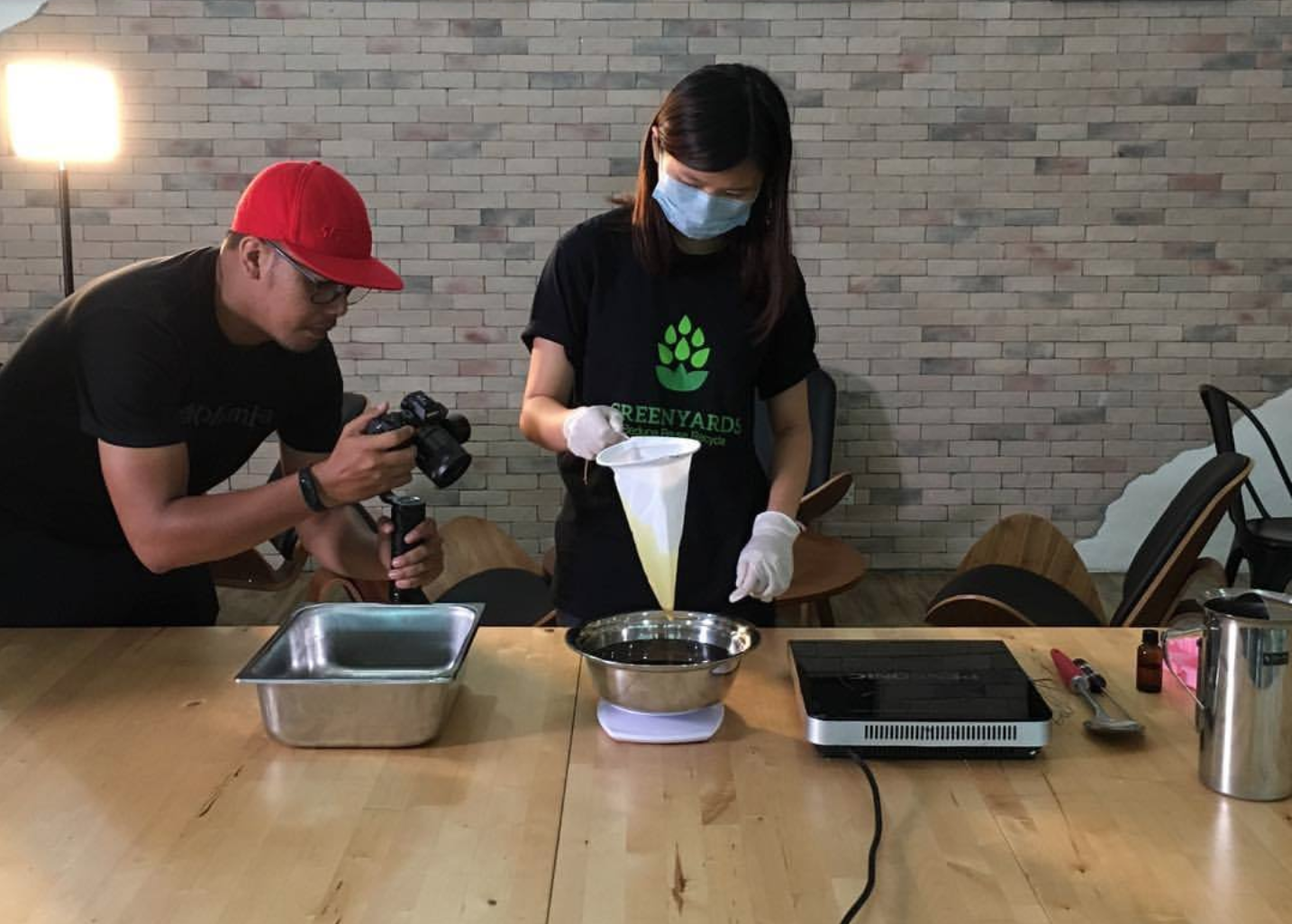
Malaysian SEs like Green Yards (read more about them here) offer classes where you could learn to make your own soap. You could also look into making your own deodorants, and other items that you often use.
You could even make jams, so that you don’t waste the fruits that are laying in your fridge. Grub Cycle does this as a way to extend the shelf life of fruits. They develop recipes from high quality food commodities that would otherwise end up in the bin. You can read more about them here.
7. Get back to the basics – The 5 Rs
These are the underlying principles that you could incorporate into your daily life.
Refuse
In essence this would be the simplest principle to follow – Reject whatever you don’t need.
You can always pass on things like plastic straws when ordering take out. You could even bring along your own container if possible.
In a sense, this principles lets you have complete control over the waste you create with a simple yes or a no.
Reduce
You could even incorporate minimalism into your daily life. More often than not we use less than 20% of our all clothes. We could always donate unused clothes to local charities so that they’re put to better use.
Reuse
Invest in things that you could use multiple times for example decent reusable water bottle, cloth bags, or even cloth napkins. These are much better alternatives that you could use over a period of time as opposed to plastic bags or even paper napkins.
Recycle
You could always recycle items that can’t be reused once you get them.
Rot
Food waste and other organic waste can always go back to the Earth rather than be trapped in the landfill.
8. Stay motivated, connected and informed
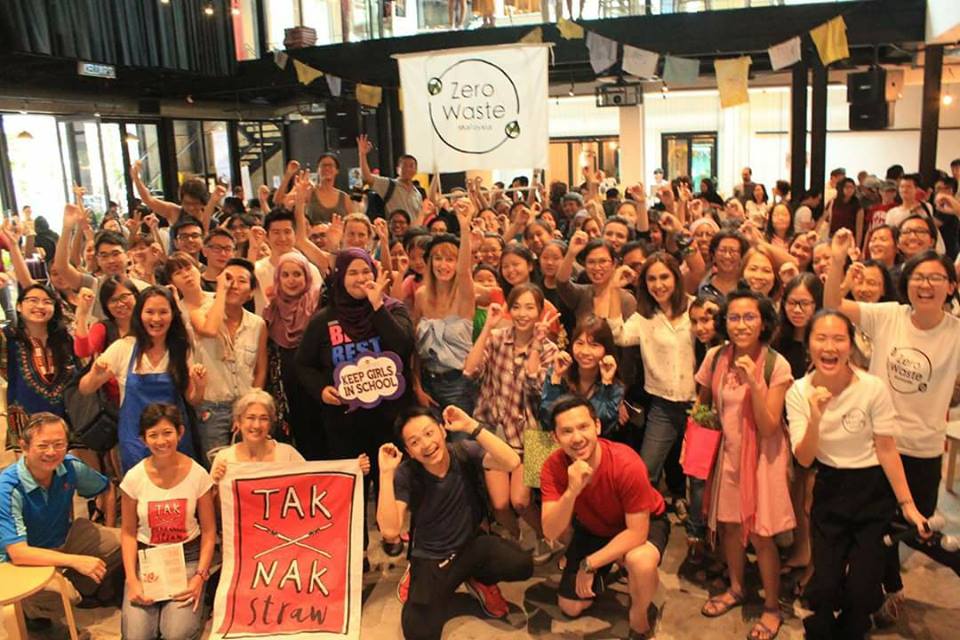
Image Credit: Zero Waste Malaysia
Building habits becomes slightly easier when you’re part of a community. While you may feel like you're the only person from your office or your family that’s attempting to go zero waste. You aren’t alone.
There are plenty of FB groups like Zero Waste Malaysia, and online forums that you could participate in. You could find relevant FB groups by simply searching for “zero waste” followed by the country you’re in. You could even follow zero waste topics on Quora to stay informed.
Here you’ll find plenty of other people that are doing their fair share for the environment. You can pick up interesting ideas, suggestions, and even tricks from them to help you along your journey.
You could also follow Zero waste gurus like Bea Johnson (read more at Zero Waste Home) and Lauren Singer (founder of The Simply Co.).
9. Go digital
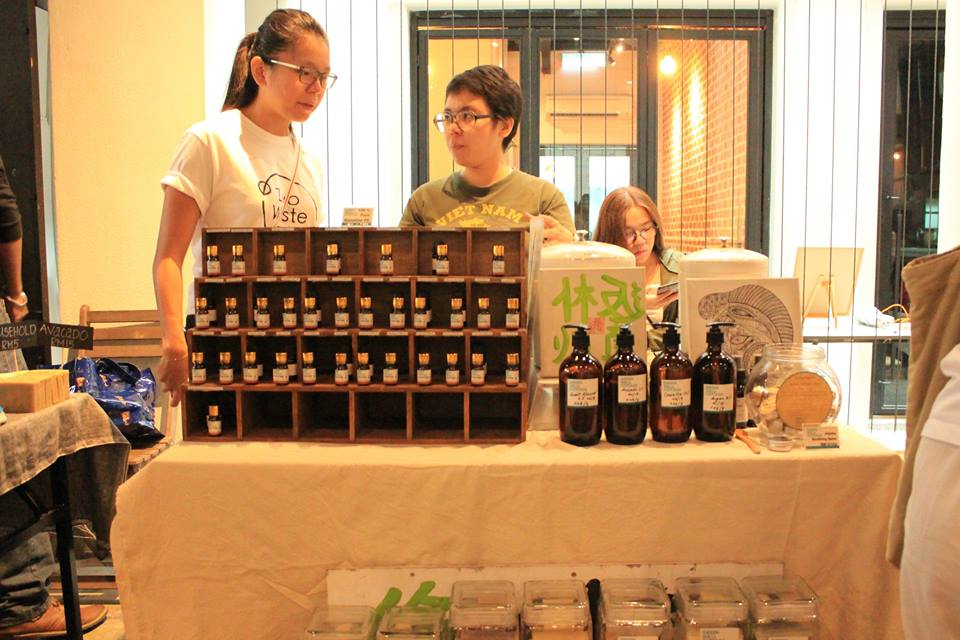
Image Credit: Zero Waste Malaysia
You can always reduce your paper usage or even the number of sticky notes you use by resorting to a digital alternative.
You can use apps like Trello instead of sticky notes, and Beam for quick note taking instead of paper. While these apps cut down your use of stationery in general, they also offer additional functionality. You can share your notes with your colleagues, you can archive them for later use, and you’ll also get to stay organised.
10. Something is better than nothing
That’s one mantra that you should keep repeating to yourself while you transition to a zero waste lifestyle. A zero waste lifestyle takes a lot time and effort to build like most good practices.
In the meantime, you should reasonable with yourself about the goals that you can achieve. It’s completely OK if you can only do one thing for a start.
Something is always better than nothing.
Zero waste may seem like a lot of work but it simply comes down to this – you make what you want out of it.
It’s a lifestyle choice, and as such you’re free to customise these tips to make them fit into your daily life. At the end of the day, everyone benefits from everyone doing a little rather than some people doing a lot.
*Feature Image Credit: Zero Waste Malaysia FB Page

